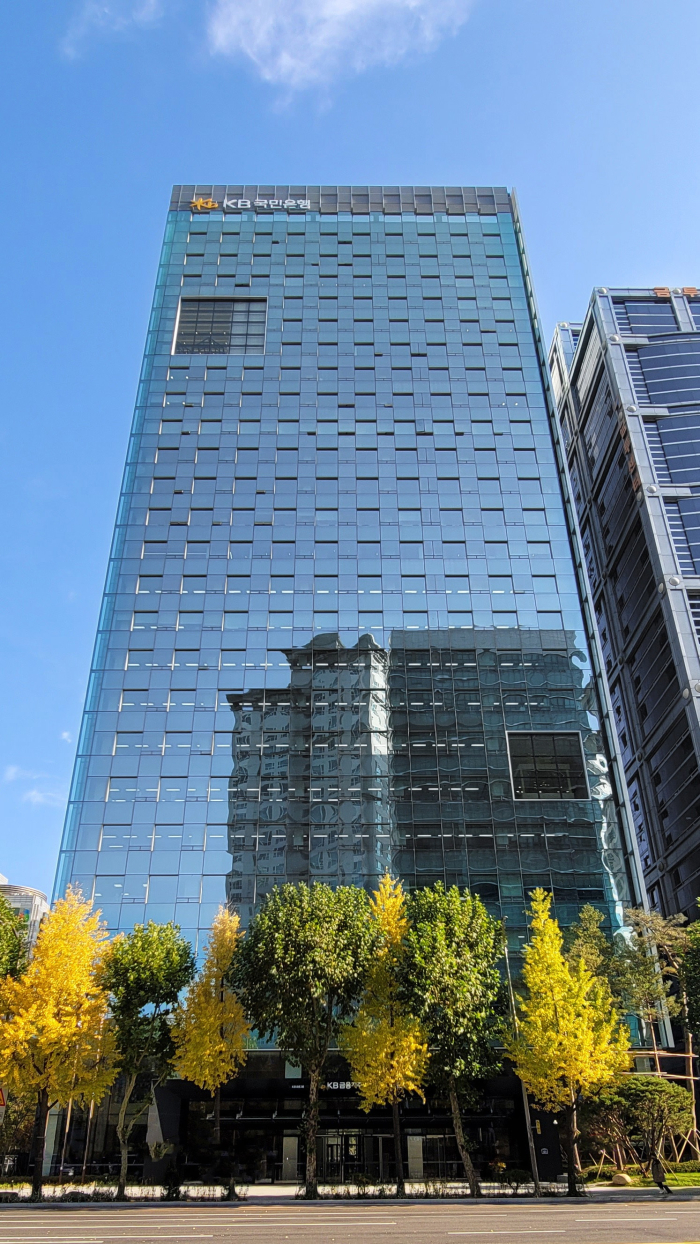Banking & Finance
Korean banks' earnings hit hard by unpaid debts, rate hikes
Four major banks' distressed debts surged in H1; interest on customers' savings and deposit accounts rising fast
By Aug 28, 2023 (Gmt+09:00)
2
Min read
Most Read
Alibaba eyes 1st investment in Korean e-commerce platform


Blackstone signs over $1 bn deal with MBK for 1st exit in Korea


OCI to invest up to $1.5 bn in MalaysiaŌĆÖs polysilicon plant


Korea's Lotte Insurance put on market for around $1.5 bn


NPS loses $1.2 bn in local stocks in Q1 on weak battery shares



South KoreaŌĆÖs major banks expect their earnings in the second half to fall on the soaring distressed debts of households and companies due to increased interest rates. High rates will also impact financial institutionsŌĆÖ profitability as they have to pay more interest on customersŌĆÖ savings and deposits, sources say.
The countryŌĆÖs four major banks, Kookmin, Shinhan, Hana and Woori, saw their bad debt expenses, or the amount of account receivables that canŌĆÖt be collected, rise to 1.7 trillion won ($1.3 billion) as of end-June. These surged 41% from a year ago.
DISTRESSED ASSETS
Increased bad debt expenses mean that more clients are not able to repay their loans. Kookmin, KoreaŌĆÖs top lender, logged 674.8 billion won in such expenses, followed by WooriŌĆÖs 425.1 billion won, HanaŌĆÖs 385.3 billion won and ShinhanŌĆÖs 212.6 billion won.
The banksŌĆÖ bad debt expenses, considered their operating costs, are forecast to hit their net profit hard in the second half. ┬Ā
The four major banksŌĆÖ non-performing loans, which incur when the borrower is more than 90 days past due, rose 23% on-year to reach 3.17 trillion won as of end-June.
The banksŌĆÖ distressed debts in Phase 3, which are under receivership or more than 90 days past due, increased 21.7% on-year to 6.75 trillion won as of the end of the first half. Of the assets in Phase 3, household debts rose 24.7% on-year to 2.39 trillion won during the same period.
ŌĆ£The banking sector's loan portfolio quality is likely to deteriorate in the second half as some loans taken out during the pandemic will mature and extensions of principal repayment will end,ŌĆØ said a banking source.
RISING INTEREST ON DEPOSITS, SAVINGS
The major banksŌĆÖ earnings will also be hurt by increased interest on customersŌĆÖ deposits and savings due to elevated policy interest rates. The four banks paid 22.34 trillion won in interest as of end-June, up 185.3% on-year. ┬Ā
The average interest rate of the funds raised by the banks was between 2.34-2.5% in the first half, nearly 1.9 times the range a year ago, which means the institutions have to pay nearly double the interest they paid last year.
In contrast, their interest income amounted to 39 trillion won in the first half, up 68.3% on-year.
The increase in the banksŌĆÖ interest payouts will lead to a rise in lending rates, adding to the burden on households and businesses that have already borrowed capital at high rates for investments and real estate purchases, a banking source said.
Write to So-Hyun Lee at y2eonlee@hankyung.com
Jihyun Kim edited this article.
More to Read
-
 Banking & FinanceIndonesia, Vietnam boost Korean banksŌĆÖ overseas profits
Banking & FinanceIndonesia, Vietnam boost Korean banksŌĆÖ overseas profitsAug 24, 2023 (Gmt+09:00)
3 Min read -
 Banking & FinanceKB, Shinhan, Woori improve rankings on Top 1,000 bank list
Banking & FinanceKB, Shinhan, Woori improve rankings on Top 1,000 bank listAug 22, 2023 (Gmt+09:00)
1 Min read -
 Banking & FinanceCitibank KoreaŌĆÖs H1 net profit more than doubles on-year
Banking & FinanceCitibank KoreaŌĆÖs H1 net profit more than doubles on-yearAug 16, 2023 (Gmt+09:00)
1 Min read -
 Banking & FinanceKoreaŌĆÖs time deposit rates head north on higher bank bondsŌĆÖ coupon
Banking & FinanceKoreaŌĆÖs time deposit rates head north on higher bank bondsŌĆÖ couponAug 07, 2023 (Gmt+09:00)
3 Min read
Comment 0
LOG IN


